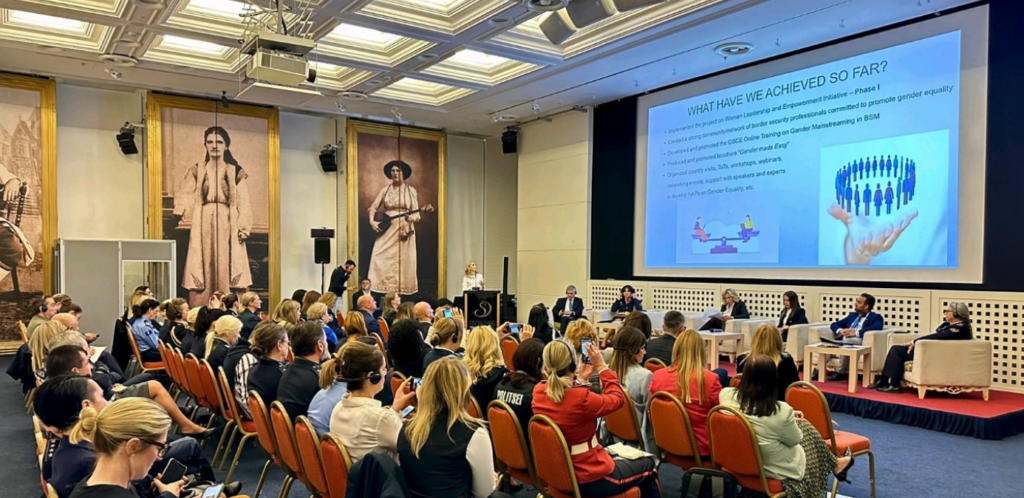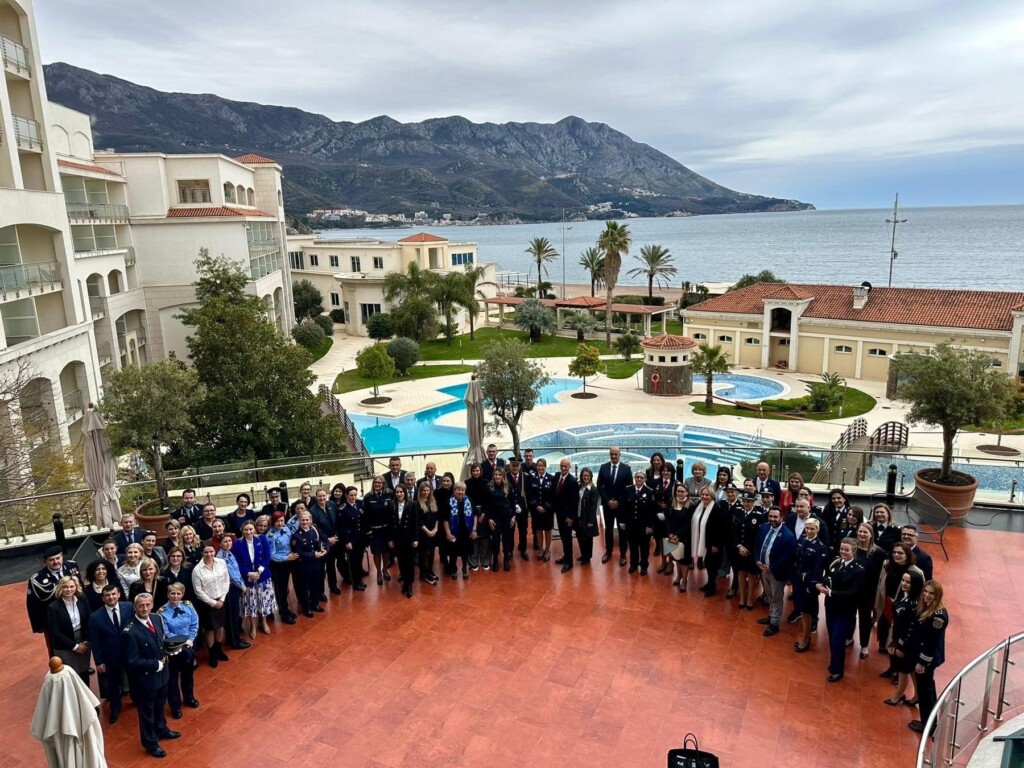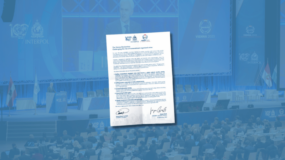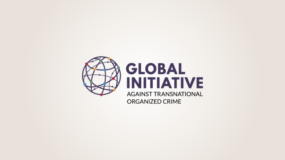Posted on 15 Apr 2024
From 25 to 28 March, the International Police Association and the Women’s Police Association of Montenegro, together with the Global Initiative Against Transnational Organized Crime (GI-TOC) and the Organization for Security and Co-operation in Europe, hosted the Gender World Congress of Women Police Officers. The conference, held in Budva, Montenegro, focused on the implementation of gender equality measures in police forces.
Countries’ legal and institutional frameworks for gender equality aim to ensure equal opportunities for men and women. However, implementation is lagging behind, particularly in the law enforcement and security sectors. To address these challenges and effectively combat organized crime, stakeholders throughout the Western Balkans have emphasized the need for international cooperation, knowledge exchange and networking among law enforcement agencies.
Establishing networks among law enforcement is crucial in addressing challenges within their operational landscape, fostering collaboration and advancing further initiatives aimed at disrupting organized crime. To this end, the conference brought together representatives from 24 countries (Albania, Australia, Austria, Bosnia and Herzegovina, Bulgaria, Croatia, Estonia, Finland, Greece, Ireland, Italy, Kosovo, Kyrgyzstan, Moldova, Montenegro, the Netherlands, North Macedonia, Poland, Romania, Serbia, Slovenia, Spain, Tajikistan and the United Kingdom), including a number of regional and international law enforcement and security organizations.

One issue flagged by participants as hindering gender equality in law enforcement is the existence of stereotypes that portray police work as physically demanding and more suited to men. As a result, women are often relegated to administrative roles in this profession. In addition, the under-representation of women in leadership positions, particularly in South Eastern Europe, reinforces wider gender inequalities within the sector. While there are measures to address these gaps, their implementation varies, as do the mechanisms for monitoring and reporting progress in the region.
Education is a key tool in challenging stereotypes and prejudices within law enforcement and society more broadly. Here, efforts need to target law enforcement personnel and ordinary citizens, with an emphasis on early intervention and strategic guidance. Improving the selection and training of managerial staff will drive change, as will promoting women’s participation in decision-making. Many solutions were presented at the conference, but continuity was identified as critical: intensive, year-round promotion of police work, highlighting the contribution of women, is essential to change societal perceptions and attract gender-diverse talent to careers in law enforcement. Participants recognized the role of civil society and collaborative initiatives in improving law enforcement policies, and underscored how important it is to build bridges for cooperation and mutual support.

Professional development and support programmes, including mentoring initiatives and association networks, are essential to empower women officers and promote inclusiveness within law enforcement. Strengthening mechanisms for monitoring and reporting on progress will ensure that gender equality policies are translated into concrete actions and do not remain theoretical concepts. At the event, participants were able to learn from the experiences and good practices of other countries, which can be tailored to develop national policies.
Besides meeting international standards and employment quotas, empowering women in law enforcement enriches the sector with diverse perspectives and skills. Incorporating gender equality into police-reform initiatives fosters inclusivity and enhances problem-solving capabilities by offering diverse perspectives and improving communication in conflict resolution. Retired senior police officers have emphasized that gender inclusiveness promotes greater community trust, operational efficiency and overall effectiveness in policing.
In addition to discussions on gender equality, the GI-TOC presented some of its latest work, including the 2023 Global Organized Crime Index and preliminary findings from a forthcoming report on the integrity and independence of criminal justice institutions in the Western Balkans, which examines gender equality in the sector.
Promoting gender equality in law enforcement is a complex task that requires concerted efforts at different levels. By addressing stereotypes, promoting women’s participation in decision-making and implementing supportive policies, law enforcement agencies can create more inclusive and effective environments that better serve and reflect the communities they protect.




